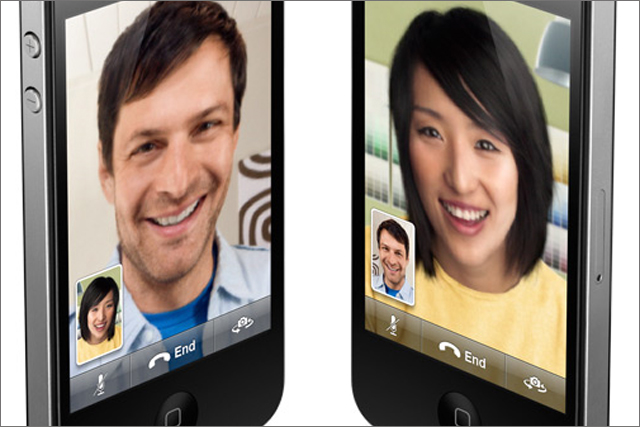
Last week the tech giant came under fire after , which forms a database of locations with time stamps of up to a year's worth of data.
Despite the concerns being widely reported, Apple has not officially commented on the matter until today (27 April).
In a Q&A-style statement, which included plans to fix what it labelled "bugs," the company said: "Apple is not tracking the location of your iPhone. Apple has never done so and has no plans to ever do so."
Apple said consumers are confused about mobile location security and privacy because manufacturers of this technology, including Apple, have not provided them with education about these issues to date.
It said: "Providing mobile users with fast and accurate location information while preserving their security and privacy has raised some very complex technical issues which are hard to communicate in a soundbite."
Apple said iPhones are not logging users' locations, but maintaining a database of WiFi hotspots and cell towers (phone masts) the phone can use to rapidly and accurately calculate its location when requested.
It said this method is quicker than tracking a location using GPS, which can take a few minutes and is not available indoors.
The geolocation data collected is sent to nearby WiFi hotspots and cell towers in an anonymous and unencrypted cache form, according to Apple.
It said that the data that researchers have discovered on the iPhone is not the past and present locations of the phone, but the nearest WiFi hotspots and cell towers, which can be up to 100 miles away from the iPhone.
In response to concerns that Apple is providing third parties with the data, it said that while its iAd system allows targeted ads to be delivered based on a user's location, it will only share location data if a user opts in to the service.
It said it provides third-party developers with anonymous crash logs from its users to help them to debug their apps.
Apple said the reason so much data was collected is due to a bug that will be fixed with a free iOS software update, rolling out in a few weeks.
The software will also prevent the data cache from being backed up and will delete it when the location service on the phone is switched off.
Apple said it "strongly" believes personal information and security and privacy is important, adding that iPhone was the first to ask users to give their permission for each and every app that wanted to use their location.
It said: "Apple will continue to be one of the leaders in strengthening personal information security and privacy."
S in its latest financial quarter, the first three months of 2011, selling 18.7 million units worldwide.
The brand's net income soared 95% to a record $6bn (£3.6bn) for the quarter, with revenue up 83% to $24.7bn (£15bn).


.jpg)


.jpg)